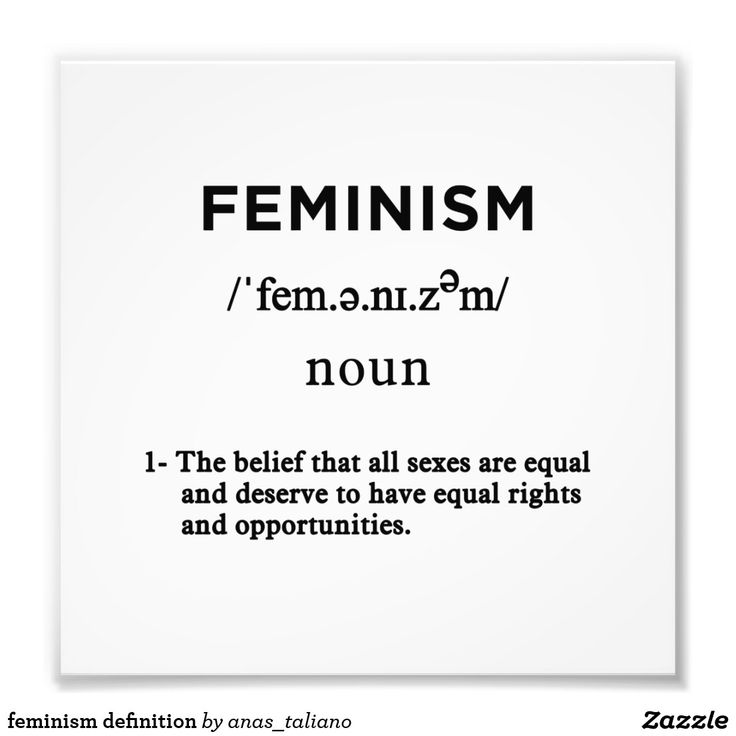FEMINISM , DRESS CODE AND OTHER JARGONS
Feminism by definition is a range of socio-political movements and ideologies that aim to define and establish the political, economic, personal, and social equality of the sexes.
In recent years the term feminism is associated with a negative light paired with misinformation catering to impressionable readers chiding a movement of empowerment to be termed ‘ man-hating’ or ‘radical ’.
My first impression and understanding of the word ‘feminism’ did not begin with it being a distant unheard notion but rather a need through experience. It did not begin as an abstract idea but rather as more of a calling of sorts .
I was in the second grade when I was looked down upon for wearing a skirt that trailed slightly above my knees. It was Hindi tuition where I sat next to a few other students whom like me were scribbling down their assigned work in notebooks until, an elder female student whom I referred to as ‘akka’ asked me why I was wearing a short skirt , I promptly replied with that my mum had asked me to wear it and that I liked it. She laughed at me and another guy chided in, ‘It’s all in the name of fashion isn’t it ?’ The ‘akka’ cringed at it
After that night I never wore that skirt again and weeks later I asked my mother to give it away. She did question it but I nodded my head in distaste and met it with a weak reply of I don’t like it anymore and tottered off.
That was the first time I learnt that my clothing would let others perceive me in different notions each to aid their own.
This wasn’t the last time my gender and clothing would affect the way I'd be perceived .
Going to school, I vividly remember dress codes for girls were so elaborate with a list of not letting us wear sleeveless clothes or shorts that actually did serve its purpose by being short. While the guys in my grade were just told to show up.
To this day I remember how in basketball the girls were forced to wear collared sports shirts buttoned up, short up till the knees and sleeves till the midarm while all the guys wore much more comfortable sports wear with sleeveless jerseys and shorts.
I remember how a girl who stayed back at school, in comfortable tennis shorts was shamed by a teacher for doing so.
If, by chance, you happened to agree with the notion of dress codes to keep students united or uniform, why wasn’t there a similar implication of rules for boys ? If they could be wearing clothing where its purpose matched its utility, why couldn’t the girls do the same ?
This is the essence of what feminism is, not a radicle movement but questioning the structure of a historically male-dominated society on why it till date had failed to treat women as their equal, on why they continue to fail their women and rid them of opportunities .
This notion of a dress code isn’t just imposed in educational institutions but at home as well. After I had grown into my teens I was suddenly not allowed to wear shorts to go to a store for a quick run in search of glue or to classes and even to my relatives house in shorts.
When asked for a proper answer I was met with a disappointing reply, of either being chided away or a lame response of ‘it doesn’t look good’. For a while, I had somewhat blamed myself that I wasn’t up to a standard of responsibility or sometimes beauty to wear shorts outside. But on further thought, why should I be held to a standard it was a mere piece of clothing, nothing more nothing less.
Later, I realized that it wasn’t in correlation to who I was but rather my environment that I would be attending to. This is what hurt me the most. I was being held responsible for the actions of other people. When you impose this rigid societal idea of an appropriate dress code on the grounds of fear, you are indirectly telling girls that they are held responsible for what happens to them when wearing a certain article of clothing.
This is what provides lawyers the audacity to stand trial asking an assault victim what they were wearing at the time of the incident . If you agree with that question being a valid one, let me remind you assault existed back in the 1950’s when women wore skirts and gowns till their knees. Our articles of clothing were never the problem, it was your lack of understanding.
When you tell your daughters off, for wearing an article of clothing that may be perceived differently by others. You are the one to perceive weaved fabric in a new light , you are the one who failed them first.
To end this conversation, allow me to remind you of the fact that when you fail to hold your sons accountable you set a precedent for how a thousand others will raise their daughters, it being nothing short of fear blinding their rationality.
thumbnail credits : feminism defintion by anas_taliano
- Saadhana Venkatesh

